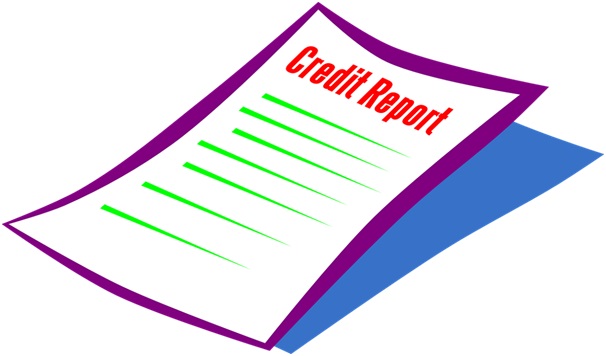Many of us aspire to buy our own house one day but don’t really understand the full impact that our current borrowing and spending will have on the level and terms of the mortgage we will be able to get in the future. When you decide that it is time for you and your family to settle down, it is essential that you are able to get the best loan possible. That means that you need to start thinking now about how to develop a credit profile that will give you access to the mortgage that you need and not just one that you will be forced to accept.
Even if you are not planning to buy a house for the next few years, it is important to check that you are doing the right things so that you don’t face significant issues when that time arrives. In the modern world, being able to manage our finances and credit rating is a key skill that can benefit us significantly as we get older.
Here are 10 things you can do to manage your finances and maximize the level and terms of any mortgage that you will get in the future.
1. Know your credit score
To avoid surprises and know where you stand, it is important that you are aware of your current credit score. This is really easy to do, and there are many free soft credit check options available that allow you to check your credit score without negatively impacting it. It’s good to know where you stand before you make a loan application because you still have time to take action to improve your credit score before applying.

2. Make all your payments on time if possible
Try to manage your payments effectively to make sure that none of your debt becomes delinquent and negatively impacts your credit score. Every time you are more than 30 days late with a payment, your credit score suffers. A lender considering a large mortgage or loan will always take into account how regular you are at making existing payments.
3. Pay off debts
If you pay off many of your smaller debts, you will be considered a lower-risk client and get better rates and terms on a mortgage or other large loan. It is always worth paying off smaller loans as these generally have much higher interest rates and cost you more over the long term. Besides, it shows a potential lender that you have a good record of paying off existing debt. The less existing debt you have, the more a potential lender is likely to lend you.
4. Learn to make payments strategically
If you are planning to get a mortgage in the future, but are struggling to make current loan payments, then you need to make payments strategically to minimize the impact on your credit score. If you need to miss or postpone a payment, then it makes sense to miss credit card payments first, then payments on loan installments after that. Where possible, you should always try to make sure that you pay any existing mortgage that you have as this will have the greatest impact on your credit score.
5. Leverage short term financing when you need to
Rather than miss payments when you face short-term liquidity issues, it is often better to take out short-term loans to make the payments on time. Using payday loans no credit check can see you through a tight spot and ensure that your loan payments are maintained and that your credit score is not significantly impacted by the shortfall. This can cost more in interest but is often worth it to protect your credit score.
6. Save as much as you can
The bigger the deposit you can put down for a mortgage, the better the terms are likely to be. Therefore, it is important that you budget to allow yourself to save as much as possible before you apply for the mortgage. The short-term sacrifices that you may need to make in order to save will be rewarded in the amount you will be able to borrow and the terms that you will receive from the lender.
7. Stay in your job
Mortgage lenders are looking for security and stability in their customers. They want to see that you have a settled life and having a stable job sends that message loud and clear. The longer you have been in your job, the more stable you appear. So, if you are planning to apply for a mortgage soon, it is a good idea to stay in your job, at least until the application is completed and you have your new property.
8. Understand your limitations
As you begin to consider applying for a mortgage, it is important to understand what you can really afford. Many lenders may be prepared to loan you more, but it is much better to be realistic to ensure that your dream house does not become a financial weight hanging around your neck and dragging you down. In this sense, it definitely pays to be conservative about how much you borrow, because you never really know what tomorrow will bring.
9. Get pre-approved
Before you go out hunting for your dream family home, it is a great idea to get your mortgage pre-approved. This helps you to avoid falling head over heels in love with a property that you can’t afford and then making poor financial decisions to get it. It provides clarity about how much you will have to spend on the property, furnishings, and renovations before you start bidding. Remember, buying a new home is as much a matter of the head as it is of the heart.
10. Don’t lose heart
If you apply for a mortgage and don’t meet the qualification, don’t let it get you down. It is the perfect motivation for you to improve your credit score by following many of the tips above. Many people can recover from a bad credit rating to own the property of their dreams. It just takes some planning, effort, and an understanding of the points above.

As you can see, getting the right mortgage is complicated and can be quite challenging if you don’t plan and do the right things. However, if you follow the tips above, then you will find the road to a mortgage that meets your needs will be much smoother, and you should be able to avoid the many potholes on the way.

